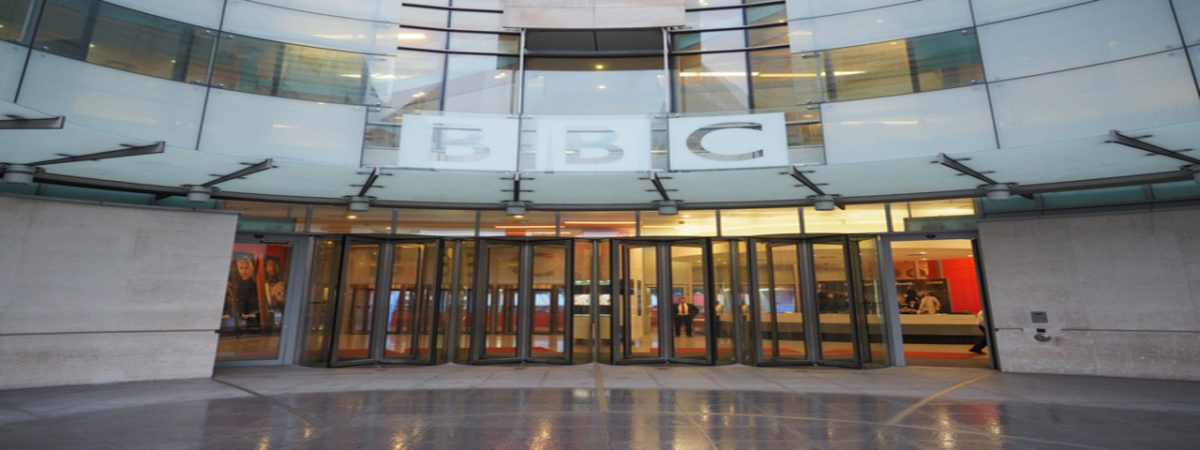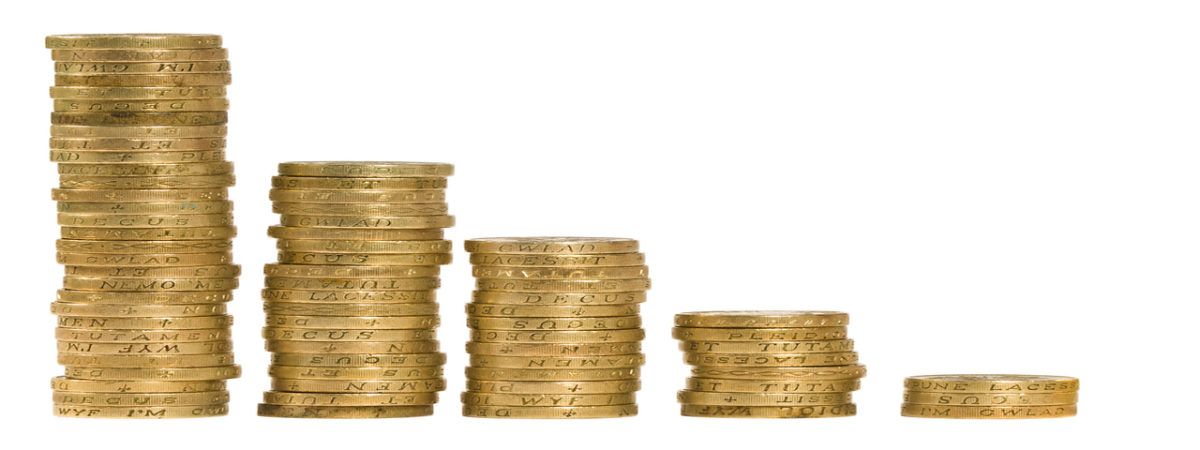The false economy of the UK sugar levy
SUGGESTED



‘This is not a tax on consumers. The government is not increasing the price of products; companies don’t have to pass the charge on to their customers.’
It is trivially true to say that the companies don’t have to pass on the cost to consumers, in the same way as they don’t have to pass on the cost of VAT, but the reality is that they will. The Office for Budget Responsibility (OBR) said this explicitly in its 2016 Economic and Fiscal Outlook:
‘Soft drinks industry levy’ – on the basis of the Government’s revenue target for this levy, this implies rates of 18 pence or 24 pence per litre unit charge according to sugar content, which we expect to be passed entirely onto the price paid by consumers.
Standard economic theory would predict nothing less.
The reformulation illusion
The second claim is that the levy will incentivise large-scale sugar reduction in the soft drinks industry leading to fewer calories being consumed. The OBR says that if the tax was levied on the existing soft drinks market it would yield over £900 million per annum, but it expects ‘behavioural responses’ to reduce this to £500 million a year.
£900 million to £500 million is a steep drop. A bit of it will come from tax evasion and some of it will be due to the price effect, but not much. The OBR predicts a five per cent decline in the sale of full sugar drinks when the levy comes in, although this looks optimistic in light of the experience of Mexico where a similar rate of tax in a much poorer country led to a decline of less than two per cent.
Whatever the decline in consumption that comes from higher prices, the government accepts that it will be quite trivial. When George Osborne announced the levy, he portrayed any decline in consumption as an ancillary benefit rather than the main intention. He was hitching his hopes on product reformulation – and he is going to be disappointed.
There has been a 45 per cent decline in sugary drink consumption in Britain since 2003, most of which is due to people switching to artificially sweetened alternatives (tellingly, perhaps, there has been no decline in obesity over this period). But how low can it go? Companies cannot force consumers to switch to products that most agree do not taste as nice, and a look at the sales figures shows little further scope for reformulation.
Low and zero sugar brands currently make up half of the fizzy drink market. Regular Coca-Cola and Pepsi make up a further quarter and there is no question of Coke and Pepsi changing the recipes of their flagship brands (Coke tried that in the 1980s and it did not go well). In other words, three quarters of the existing market cannot or will not be reformulated. The remaining 25 per cent of the market is dominated by brands which have already been reformulated (eg. Lilt, Oasis) or are unlikely to undergo change because they already have diet equivalents (eg. Irn-Bru, Dr Pepper).
It is possible that a few of the lesser selling brands might make some alterations, but the vast majority of the market is going to remain unchanged. Ironically, the levy gives manufacturers a perverse incentive to raise sugar levels in their reduced-sugar brands up to the limit of their new tax bracket.
The government has picked on the one part of the food and drink industry that has undergone extensive reformulation and told them to somehow do it all over again. It’s not going to happen because it is physically impossible for half the market and commercial suicide for most of the other half.
The result will be that the government makes more money from the levy than it predicted. Anyone familiar with sin taxes on food and drink will not be surprised by this. From Mexico to Denmark, they always bring in more money than ‘public health’ campaigners predict because they have less impact on consumption than ‘public health’ campaigners predict. In other words, they don’t work as anti-obesity policies, but they work nicely as revenue raisers.
Governments have to raise money somehow and whilst there is no particular reason to target fizzy drinks rather than any other non-essential product, politicians would be more credible if they said openly that they have a budget shortfall and that soft drink taxes are a convenient way of getting money out of people on low incomes without upsetting the liberal left. In the USA, they are more honest about it, with politicians openly talking about soda taxes as an exciting new source of revenue. As if to hammer home the message that it’s about money, not health, Philadelphia’s soda tax applies to fizzy drinks regardless of whether they contain sugar or not.
The tax will lose the government money
This brings us to the third myth about the UK sugar levy: that it is the best way to raise money for an anti-obesity drive in schools. Assuming that more money needs to be spent on school sports – and assuming that the money raised will be hypothecated for that purpose in practice – a tax on sugary drinks seems as good as way as any to raise it. But a closer look at the economics reveals it to be a false economy.
The OBR says the levy ‘is expected to add around a quarter of a percentage point to CPI and RPI inflation in 2018-19’. This inflationary effect will increase the cost of index-linked government debt and welfare payments. The immediate effect will be an avoidable cost to the government of £1 billion because, as the OBR notes, ‘the new soft drinks industry levy has added around £1 billion to accrued interest payments on index-linked gilts’.
This £1 billion cost will wipe out most of the revenues raised by the sugar levy in its first two years and it is only the tip of the iceberg. The treasury has not estimated the cost of raising index-linked salaries, benefits and public sector pensions but it will undoubtedly run into many millions of pounds each year. No one has yet run the figures but Phil Wadsworth, chief actuary at JLT Employee Benefits, estimates that the sugar levy will add £3 billion to UK pensions liabilities.
Moreover, the treasury has not published an estimate of the cost of enforcing the tax. The OBR predicts that the levy will lead to ‘the emergence of a “tax gap” given the incentive for increased cross-border shopping and illicit trade’. This emerging illicit market will need to be policed alongside existing black markets for tobacco, alcohol, drugs and other products. The levy will also create new administrative costs to be paid for by the taxpayer. For the first few years, at least, the sugar levy will be loss-making.
If we need an extra £500 million for school sports, it would be better to get it from general taxation than from a sugar levy. Not only is a tax on fizzy drinks bound to be regressive, it will also cost more to implement than it will yield. This is economic lunacy. The sugar levy aims to do something that has already been done (reformulation of soft drinks) with a tax that will lose the government money. And all to spare the blushes of a Chancellor who is no longer in office. A rethink is urgently needed.
The UK sugar levy is explained in full in this new IEA briefing paper.




